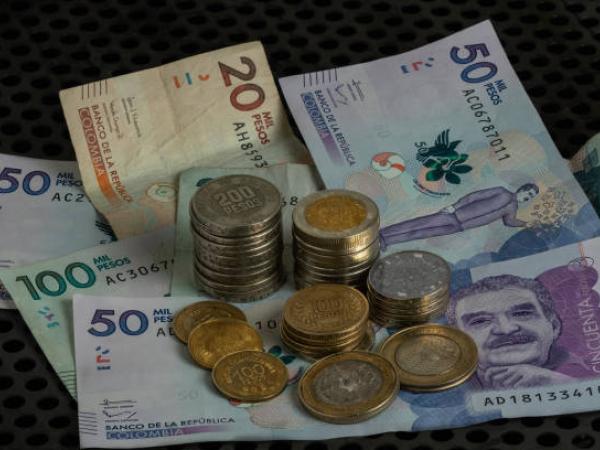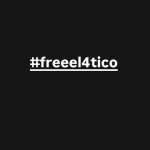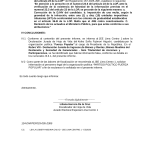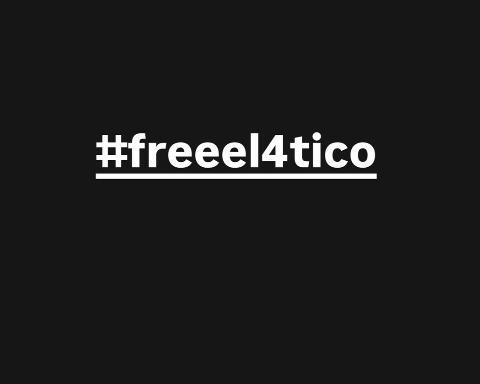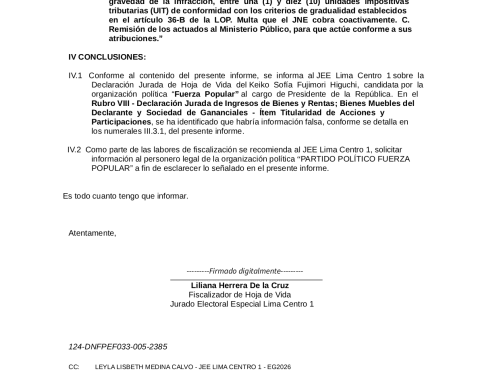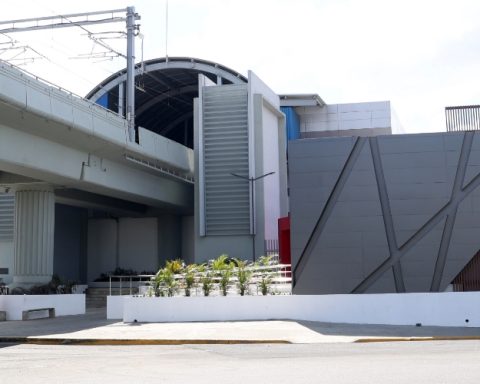The National Government is preparing a tax reform projectwith which it hopes to raise at least $12 billion next year. The initiative aims to address cash flow problems and obtain additional resources to “balance” the General Budget of the Nation (PGN) 2025.
(Read more: What is known about the new tax reform that the Government is building)
To this end, the Executive has been working on the construction of the proposal, which would be presented to the Congress of the Republic before the approval of the PGN. And although several drafts have been prepared with tentative proposals that would be included in the final document, Many details are still unknown about the law, also known as the Financing Law.
In this context, in an interview with ‘Semana’, the Minister of Finance, Ricardo Bonilla, revealed some of the cards regarding what would be the new tax system of the Petro government.
According to the head of the portfolio, entities such as the Dane and the National Planning Department (DNP) are participating in the construction of the project. On behalf of the Treasury, other teams have also joined the discussion, including the legal team, the macroeconomic team and the vice-ministries, to define what will be left and what will not.
Bonilla said that The surcharge on coal and oil income will be maintained. This “trying to recover some of what the Constitutional Court took from us with the collapse of the measure related to the non-deductibility of royalties.” He also indicated that the VAT on exempt and excluded products (foods from the family basket) will not be touched, nor will the threshold for declarants as natural persons be lowered.
(Read more: Bill to dismantle the 4×1,000 is filed amid controversy)
Minister of Finance, Ricardo Bonilla.
Courtesy
What else is being considered?
In the interview, the Ministry of Finance was asked if it was considering changing the tax on occasional profits, to which it responded that “What we are looking at is the minimum tax, which is currently at 15 percent. We are studying the possibility of raising it to 20 percent.”
The tax to which the minister refers is the one that applies to all companies that do not have a special tax characteristic and, therefore, must pay at least a minimum percentage of taxes on their accounting profits.
According to Bonilla, the discussion on this topic is based on the effective tax rate in Colombia. “There is a nominal rate of 35% for legal entities, but the rate actually paid is around 20 or 21%. So, setting the 20% floor is simply embracing what exists today in real terms.”he indicated.
In the conversation, the official also mentioned the debate that exists around whether or not it is appropriate to file a new tax return at this time. In this regard, he recalled that it is necessary to find resources to recover the investment, pay the debts and in turn reactivate the economy.
“We need to find those investment resources, because we have to reactivate the economy. Paying the debt does not reactivate the economy. Paying the debt generates international confidence, but the economy grows very little.”he stressed.
(Read more: Senate President denounces Congress’s paralysis due to lack of budget)

Taxes
iStock
2025 Budget
The Government has until September 15 to obtain the approval of the PGN proposed by 2025. Specifically, the tax reform proposal that is being developed aims to address the underfunding that may exist in the amount of next year’s Budget.
In this sense, according to Minister Bonilla, what is being sought with the Budget is to “make things honest.” “There was an oversizing of the 2023 and 2024 budgets in the name of tax reform. And little by little we discovered that it could not be fulfilled. We have sought to make this clear.”
The Ministry of Finance also highlighted that the budget project for next year “It is below, as a proportion of GDP, compared to what it had in 2024” and it is very similar to what the 2023 one had.
(More news: Investment, a subject that remains pending within economic growth)
PORTFOLIO
